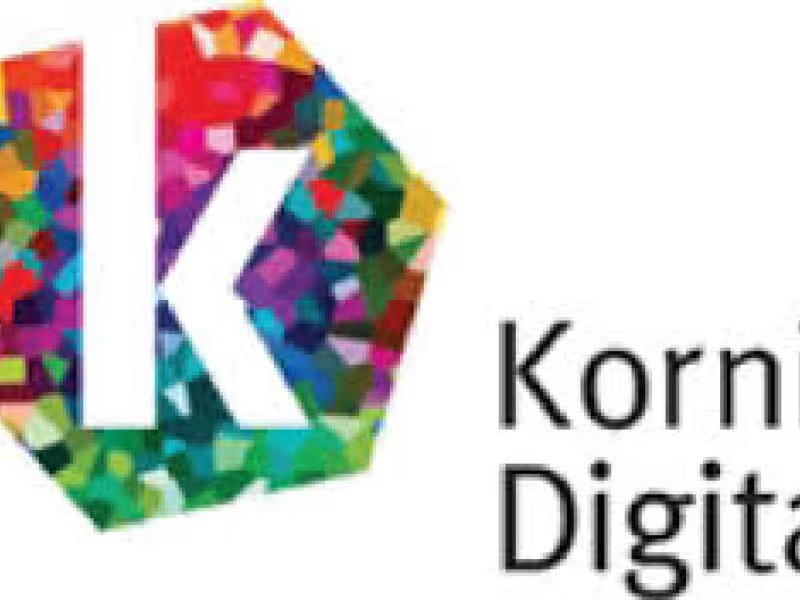
What actually makes a finishing system smart? When bookbinders’ experiences and automated processes are integrated optimally into a machine! In recent years, Müller Martini has succeeded in this like no other system manufacturer. That’s why the company is a pioneer when it comes to the smart factory, something that it will prove with its highly automated systems in drupa booth 1B50.
There are three reasons for the company's success in this area. First of all, Müller Martini took up this key topic in the graphic industry much earlier than our competitors. A typical example of this is the SigmaLine. 20 years ago, at drupa 2004, we were the first company to present a unique complete solution for book-on-demand production. This system for economical production of small(est) print runs – entirely in keeping with the motto “PDF in, book out” – has been developed continuously. The SigmaLine III was added in 2021, and a few months ago, the SigmaLine Compact book block production system was added to the portfolio as another member of the SigmaLine family. Adrian Mayr, Director of Product Management at Müller Martini, comments: “This way, we can serve the market even better and address even more customer requirements.”
At drupa, Müller Martini will show how three systems are transformed into a revolutionary smart factory solution for industrial book production: The new SigmaLine Compact, the newly developed Antaro Digital perfect binder, and the InfiniTrim trimming robot score as the perfect team. The solution enables efficient production of ultra-short runs down to custom single books with up to 2,000 copies per hour in a small space.
Efficient supply chain
Secondly, with the Finishing 4.0 development strategy launched at drupa 2016, everything at Müller Martini is focused on the topics of connectivity, automation, variability, and touchless workflow. “We ensure an efficient supply chain in order to keep manufacturing costs low despite the increasing customization of products – for example, the global boom in photo books produced primarily with a print run of 1,” says Adrian Mayr.
And thirdly, thanks to its global customer base with its specific requirements, we have been able to gain a great deal of experience that has been incorporated into our solutions. For example, the USA is a leader in digital production, and we have incorporated this experience into many other projects around the world.
Understanding the data flow
Even if Müller Martini senses increasing interest on our customers’ part in the areas of digital transformation and the smart factory – not seldom associated with a change of generation, in which younger people with modern visions are becoming decision-makers – many graphic operations are still a ways away from a smart factory. For we will admit, there are some hurdles.
In addition to the investment in new technology – that is, digital machines – some expertise for the corresponding (new) business processes is required. Markus Bracher, Director of Solutions Engineering at Müller Martini emphasizes: “In particular, it's critical to understand the whole data flow. Added to this is a certain sense of insecurity. Many of our customers are asking what the (digital) market can do for them and whether their investments will pay off.”
Nothing works without a workflow system
An important driver in the search for greater automation is – with an eye to the lack of skilled workers – the personnel factor. That's why Müller Martini is working with Hunkeler on another puzzle piece for the smart factory; we're developing new intralogistics solutions with belts, buffering, trolleys, and robots for the feeding and delivery of rollers, signatures, book blocks, and covers for digital book production. This is how individual machines can become autonomous production cells with intelligent conveyor sections. And at drupa 2024, the company will also present a Ventura MC book sewing machine with a Solema robot, which stacks the finished products on the pallet.
The workflow system is the key for efficient production in the smart factory. “With our Connex system, customers get the best from their production – on through to a completely automated workflow, from pre-print stage to production of the final product,” says Markus Bracher. “Without Connex, you would have individual production islands and a collection of machines – only Connex, as a scalable workflow system with which our customers can decide which build